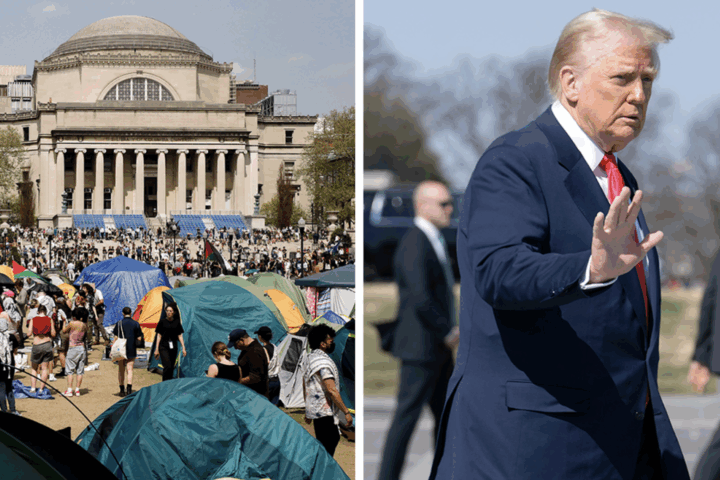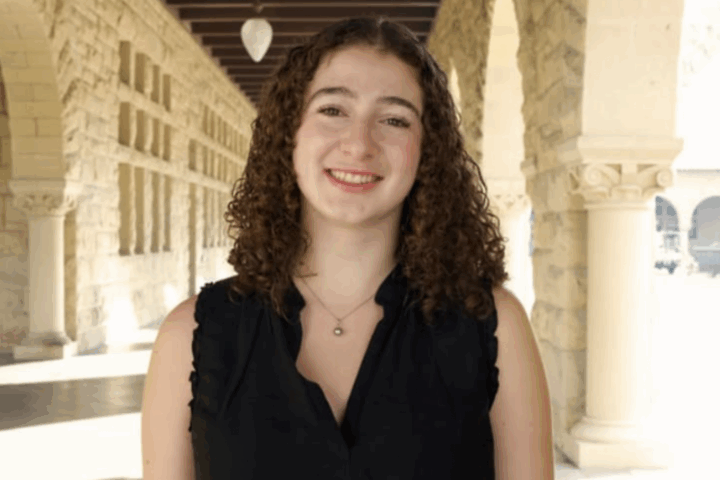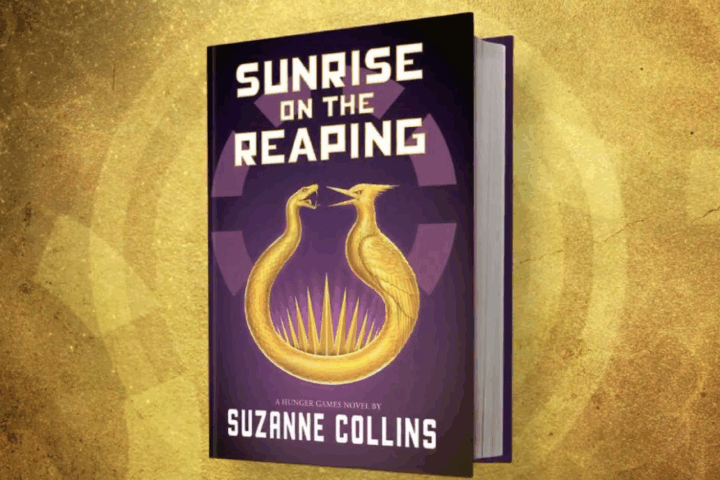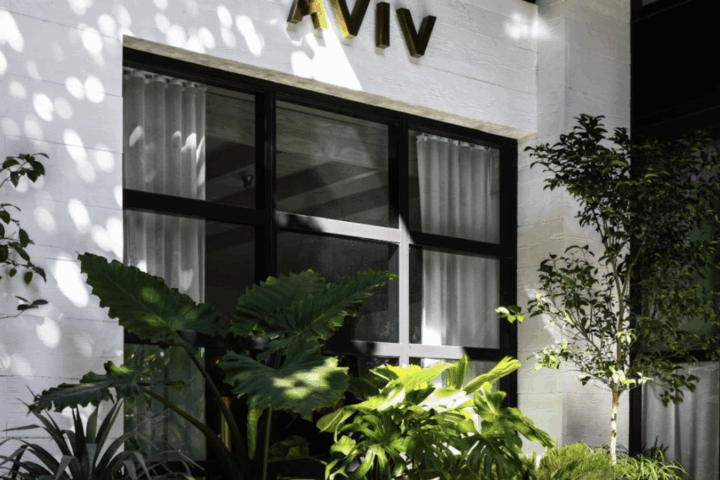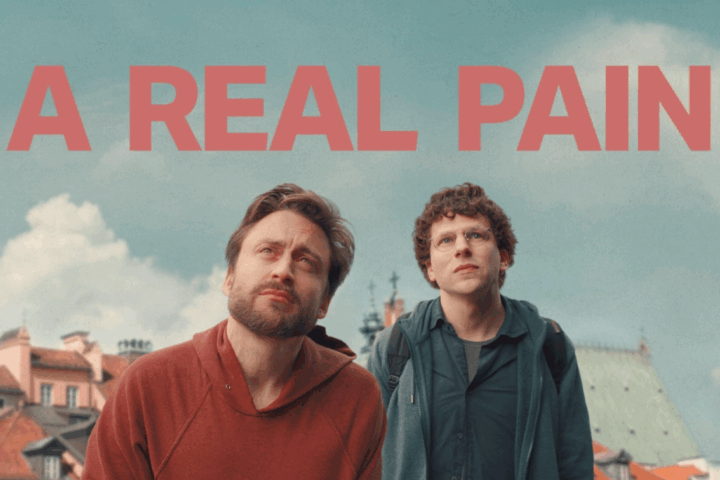“We can learn to work and speak when we are afraid in the same way we have learned to work and speak when we are tired. For we have been socialized to respect fear more than our own needs for language and definition, and while we wait in silence for that final luxury of fearlessness, the weight of that silence will choke us.
The fact that we are here and that I speak these words is an attempt to break that silence and bridge some of those differences between us, for it is not difference which immobilizes us, but silence. And there are so many silences to be broken.”
- Audre Lorde, The Transformation of Silence into Language and Action
These are troubling times for even the most stable of adults–with a global pandemic, country-wide protests in the wake of George Floyd’s murder, and a looming economic crisis, our future has never been more uncertain. As teenagers, however, Generation Z faces a unique set of issues: we must attempt to carve out our own identities in the midst of all this. The pressures of adolescence combined with the turbulence of a changing world makes 2020 among the hardest times to be a teenager.
We’ve inherited a divided world from our parents, and their parents, and their parents before them. Now, it seems that centuries of tension have finally come to a breaking point. The country we’ve had no part in creating is now collapsing around us: our already fractured medical and justice systems have simultaneously broken down, and any sense of safety or comfort has been entirely lost for even the most privileged and oblivious of citizens. Nothing makes sense: do we ignore the plague in order to protest senseless murders? Do we fuel the endless political outrage machine, or just accept our broken country as it is?
The surreal, apocalyptic feel of 2020 is further amplified by social media, the newest battleground for social justice (or for performative virtue signaling, depending on one’s view). On Tuesday, Instagram was flooded with black screens, ostensibly in order to allow black voices to be heard, though just a few hours later it was decided that the black screens only served to silence the Black Lives Matter movement. Our feeds are flooded with conflicting messages: everybody should go out and protest because All Cops Are Bastards (ACAB), but it’s also crucial to #StayHome and do our part.
It’s enough to make your head spin, especially if you’re already in the process of figuring out who you even are.
But we don’t have time to figure that out: we have to figure out which side of history we want to come out on.
Everything we do is almost inherently political. Some of us are taking to the streets to protest while others are posting. Some of us are talking with our families at dinner while others are arguing with friends. Some of us are even stuck at home because apartment doors have been shattered and nearby stores have been looted. Some of us are wrestling with pre-existing health conditions which force us to stay inside.
There exists a multitude of ways to respond to today’s grim reality. For some, protesting seems like the only option while for others, it feels as though it is not even a possibility.
While there are a million and one unknowns and options being presented to us, there are some principal truths that have guided our thoughts and actions in this world in disarray:
- There is an indisputable history of systemic racism in America. This nation, since its conception, has had a history of black people being treated differently due to the color of their skin. As a result, white-on-black police brutality strikes an immensely painful chord for many in our community. A chord that white people can never – and will never – fully comprehend, and one all-too-common for black people due to the reality of anxiety and fear that most face on a daily basis.
- Very generally, the police have a difficult and often dangerous job. While every American has a different view of a police officer’s responsibilities and capabilities, officers are – and ought to be – accountable for the safety and security of all citizens. When they fail to do this, especially when they do not adhere to the duties of the office they hold, they must be held accountable by all stakeholders in American democracy.
- With the innate power, privilege and responsibilities that a police officer holds and the systemic inequities that continue to exist, there needs to be overarching change to create a more just system of law enforcement. This change could come in the form of enhanced education, training and vetting of police officers.
- All Americans have a constitutional right to “peaceably assemble” in an effort to create a world they deem more just and equitable. This includes the many peaceful protests occurring nationwide.
These truths are not Manichean, and are further complicated by the fact that everyone holds their own truths based on lived experience. In spite of the grey, we know for certain we are living through a time that will be written in the history books for our children to read.

